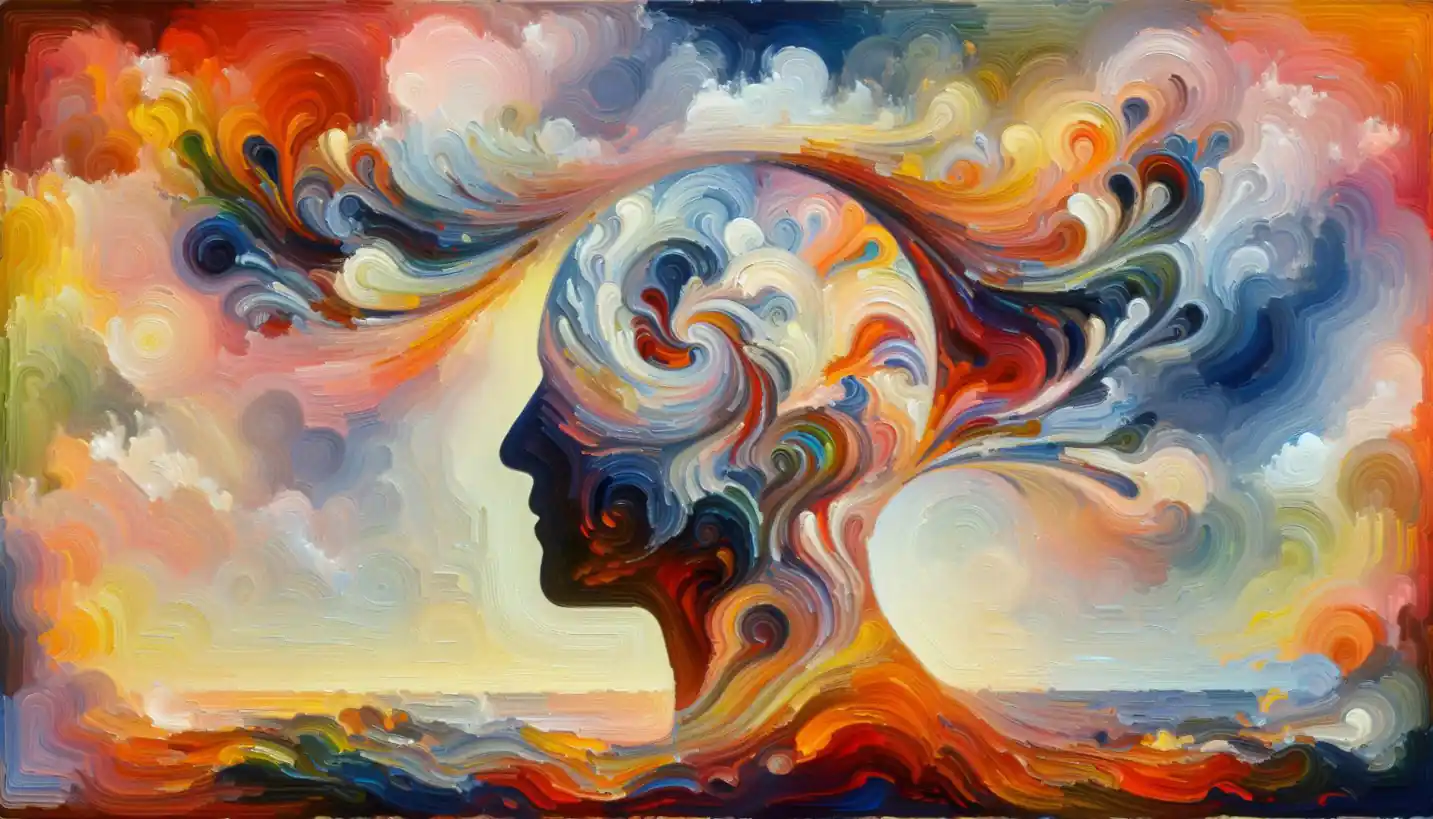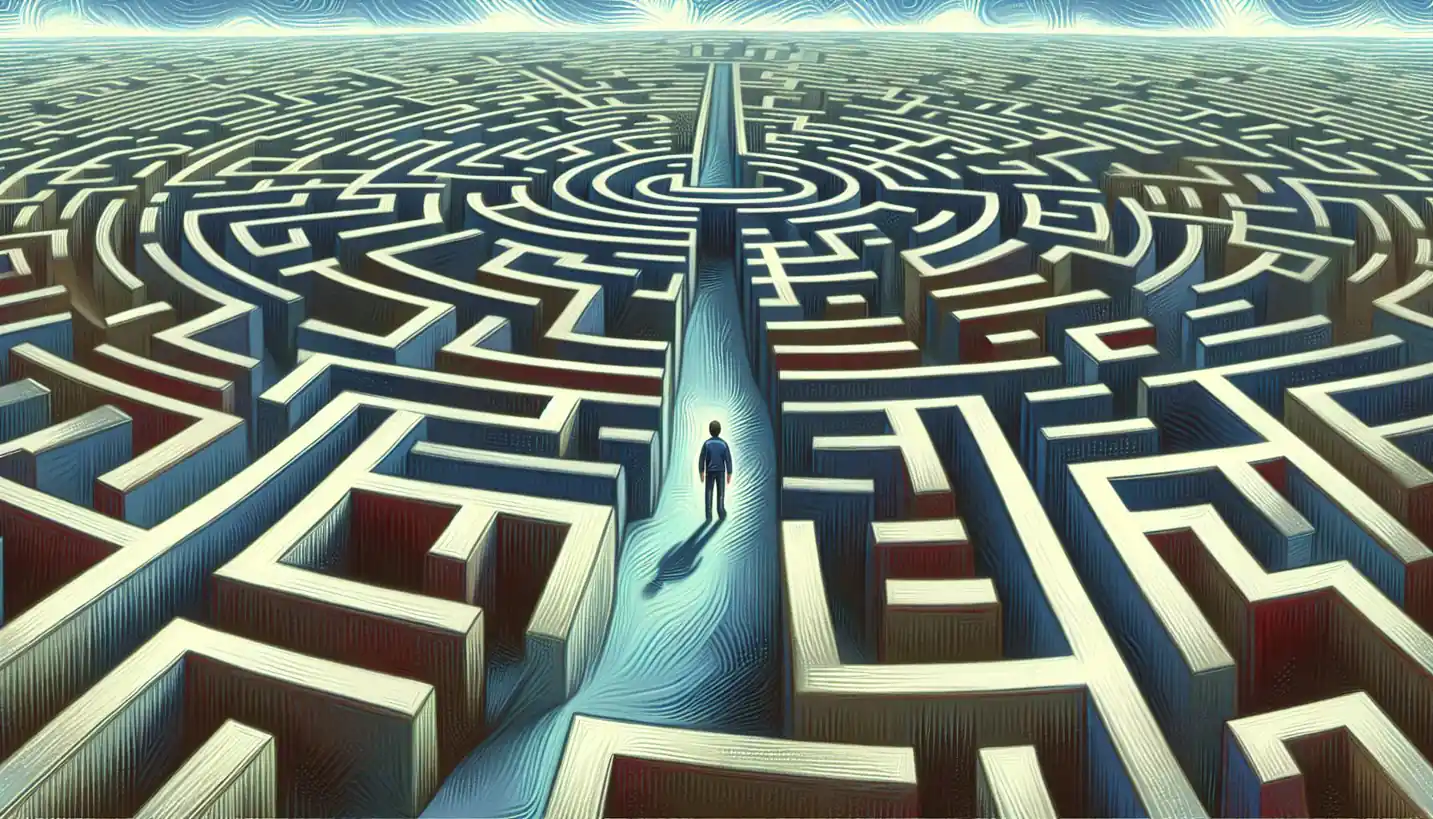· Psychology · 4 min read
Neural Pathway: Unraveling the Brain's Roadmap
Dive into neural pathways and uncover the intricate roadmap that connects every part of your brain.

Stepping into the world of neuropsychology is like diving into a universe hidden beneath our skulls. At the heart of this universe lies the concept of neural pathways—complex networks that guide our thoughts, actions, and emotions. These pathways are like intricate roadmaps of the brain, allowing communication between different regions.
What Are Neural Pathways?
Imagine your brain as a bustling city. Neural pathways are the highways and streets that connect different neighborhoods—each with a unique function. These pathways consist of neurons, the brain’s tiny messengers, which transmit signals through electrical impulses. Just like roads enable cars to travel, neural pathways allow information to move throughout the brain and body.
When you learn something new, you’re essentially building new roads, enhancing communication and making it easier to retrieve information later. This is called neuroplasticity, the brain’s ability to reorganize and form new connections throughout life.
The Role in Neuropsychology
Now, you might wonder what these pathways have to do with psychology. Neuropsychology delves into how these pathways affect behavior and mental processes. Every habit, memory, or skill involves a specific neural pathway. For instance, when you remember a song from your childhood, your brain activates the pathways related to memory.
In cases of brain injury, such as a stroke, certain pathways can be damaged. Neuropsychologists study how these injuries affect behavior and work to help patients develop new pathways to regain lost functions. It’s like rerouting traffic when a street is blocked.
How Learning Alters the Brain
Learning changes your brain like renovating an old building. With every new piece of information—whether it’s mastering a new language or picking up a musical instrument—your neural pathways are altered. This constant change underscores the brain’s incredible adaptability.
A compelling example is in London cab drivers. Studies have shown that the region of the brain associated with spatial navigation, the hippocampus, is more developed in these drivers. Years of memorizing and navigating the city’s layout have physically changed their brains, strengthening the related neural pathways.
Habits and Neural Pathways
Have you ever tried to change a habit and found it challenging? That’s because habits are deeply embedded neural pathways. Imagine crossing a field using the same path every day; over time, a visible trail forms. Similarly, behaviors repeated often create strong neural connections in the brain.
Breaking a habit means creating a new trail—a new pathway. Initially, it feels uncomfortable, but as you persist, the new pathway gets stronger and easier to follow. This insight is crucial for understanding how therapy and behavioral changes work in psychology.
Disorders of Neural Pathways
Certain psychological conditions are linked to problems with neural pathways. Consider depression or anxiety. These involve patterns of thought strengthened over time. Cognitive-behavioral therapy (CBT) aims to rewire these patterns, encouraging the development of new, healthier pathways.
In neuropsychology, understanding these disorders involves exploring how specific brain regions interact. By identifying dysfunctional pathways, treatments can be personalized to target and modify these routes.
Future Research Directions
The study of neural pathways is still evolving, with fascinating research on the horizon. One of the most exciting areas is the potential for brain-computer interfaces. Imagine prosthetic devices controlled directly by neural signals, offering new hope for individuals with paralysis.
Researchers are also exploring how enhancing neuroplasticity could aid in recovery from brain injuries or in fighting neurodegenerative diseases like Alzheimer’s. The possibilities are vast and the ongoing research promises breakthroughs in improving mental health and cognitive abilities.
Why It Matters
Understanding neural pathways isn’t just about unraveling scientific curiosity; it’s about enhancing our lives. By grasping how these pathways work, we can better manage mental health, enhance learning, and recover from brain injuries. Whether you’re reshaping a habit, recovering from a trauma, or simply striving for self-improvement, your brain’s incredible network of pathways is at the core.
In conclusion, the brain’s neural pathways are both fascinating and fundamental, guiding nearly every aspect of human experience. By continuing to explore and understand this hidden roadmap, we open the door to transforming how we think, learn, and heal. The journey within our minds is just beginning, and the future is full of potential.


